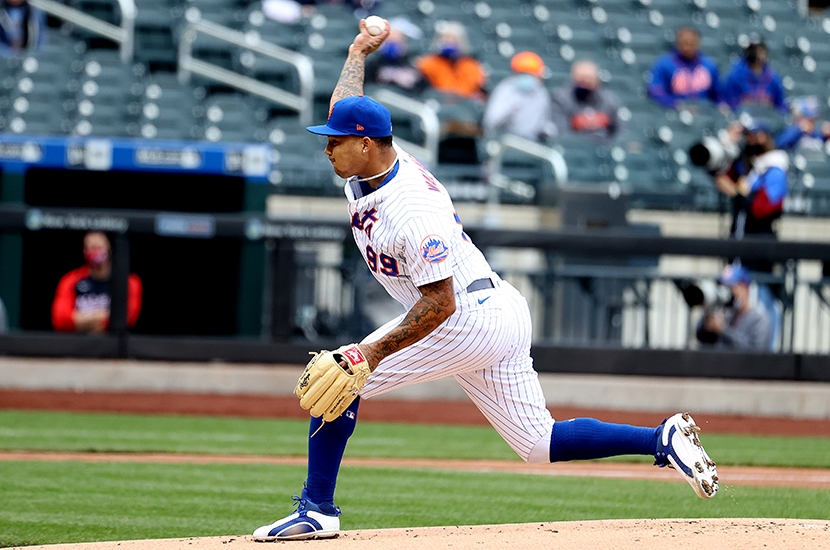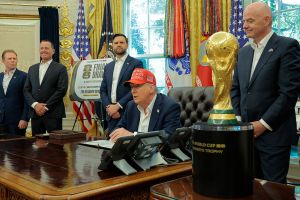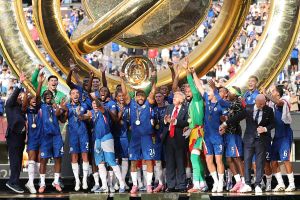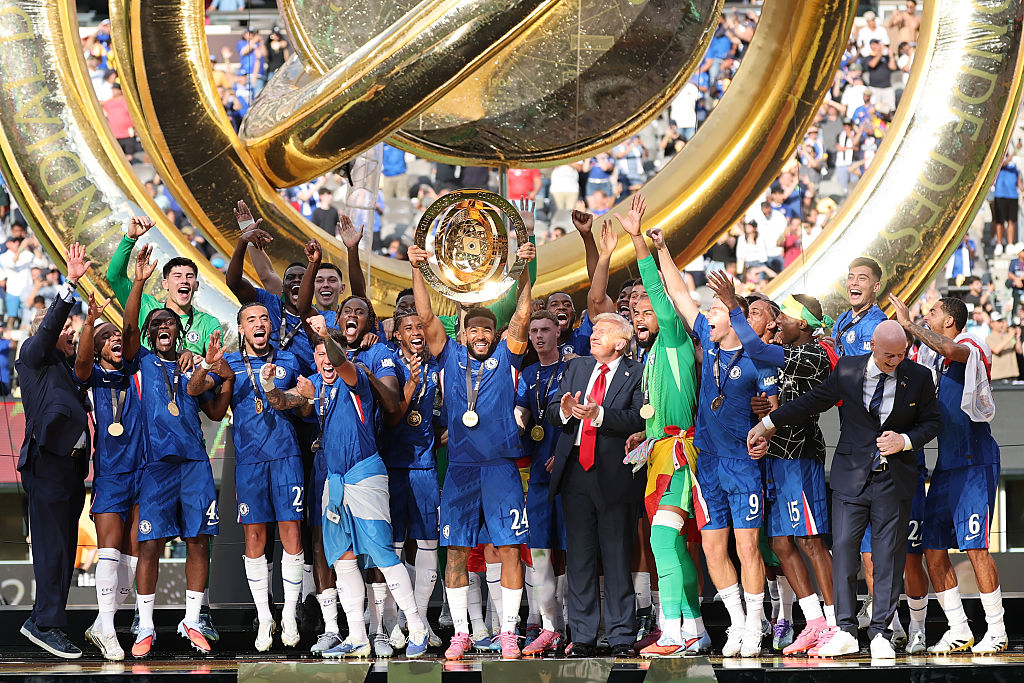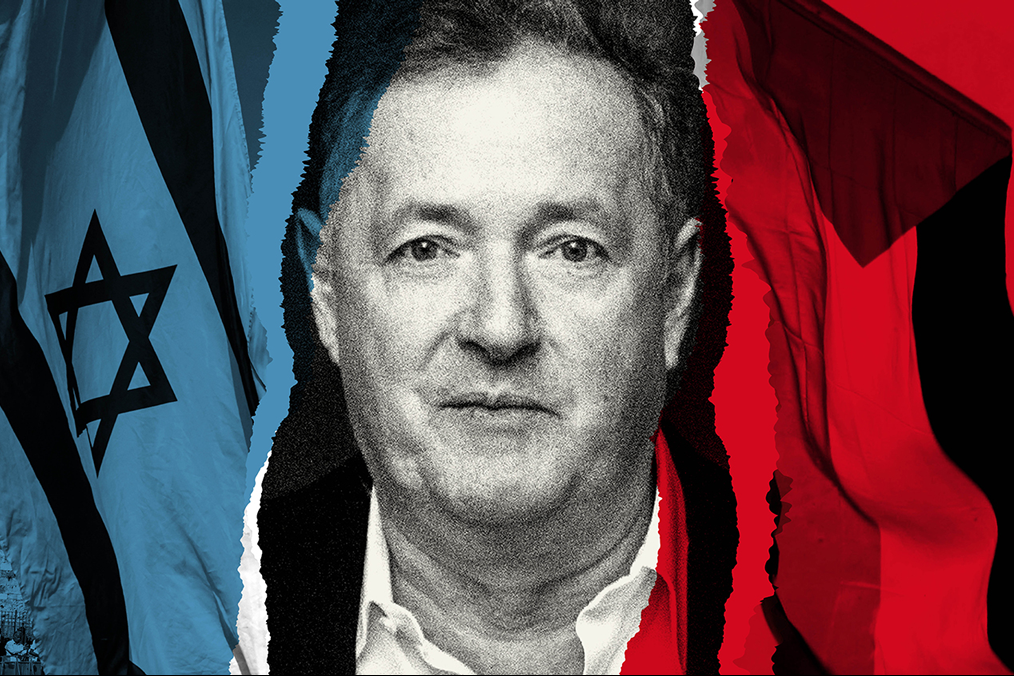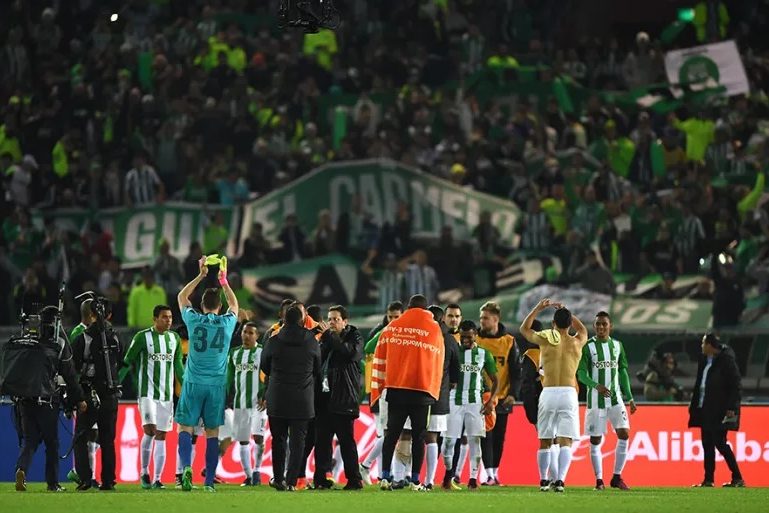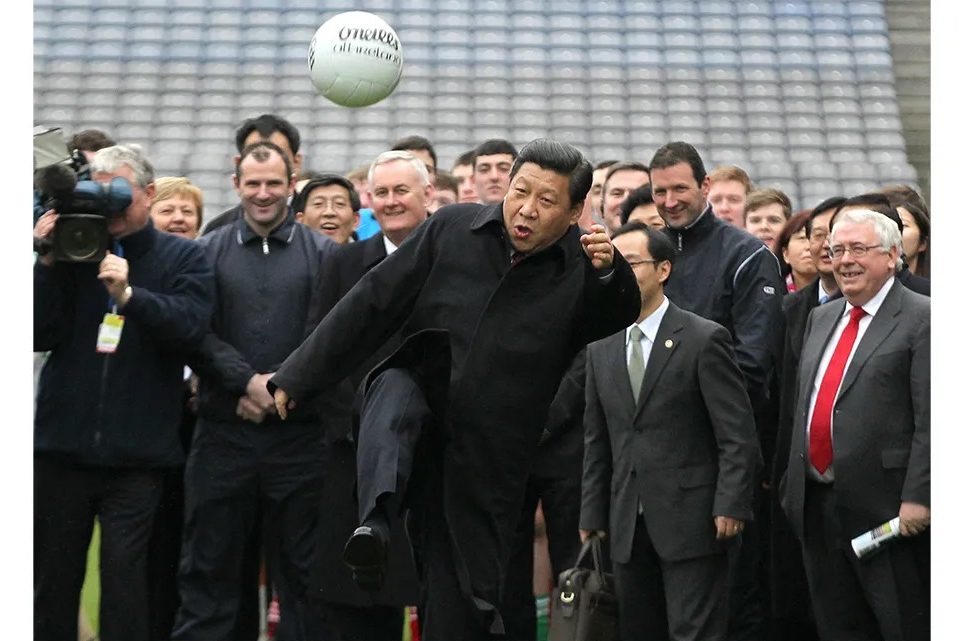New York
What follows has been covered ad nauseam, but I wonder why people were surprised at the planned breakaway soccer Super League? Professional sport in Europe now follows the American way, which means that money comes before tradition, hometown loyalty and the fans — the shmucks who live and die for their teams. The bottom line is what sport in this country is all about, and European football has a lot to learn from the closed shop that has made zillions of dollars for US sport. I’ll keep it brief.
American football, baseball and basketball teams are privately owned, and no matter how badly they perform, they cannot be relegated to a minor league, as teams can in Europe. The specter of promotion or relegation does not exist in America, and it is viewed as an unwelcome European perversion by the billionaires’ club that owns professional sport. These owners vote and decide on the rules, or any changes to those rules. They decide who can join the exclusive circle, and vote to ban, for whatever reason, any interloper trying to crash the exclusive club. Not a bad deal for a select few.
It was only a matter of time before a closed-shop deal of this kind would entice such pure and noble sportsmen as Stan Kroenke, John Henry and the Glazers. When I was a boy, professional players like my hero — and later on friend — Mickey Mantle were bought at a very young age by a major-league team such as the New York Yankees, and remained Yankee property for life. It was, in a way, indentured service. Then a player called Curt Flood sued baseball and a new deal was signed giving professional ball players the opportunity to become free agents after a certain period of time.
You know the rest. Players discovered agents, agents discovered lawyers, and owners discovered judges ready to throw the book at monopolistic practices… unless. So the owners opened up their pocketbooks wide, but managed to keep the closed shop firmly shut.
Sport in America comes under entertainment, is subservient to television scheduling, and sponsors make the rules. Pro sport — like everything else in this country — is all about profit. The New York Mets are a baseball team that began rather late, back in the early 1960s, and the new franchise was financed by a group some claim invented the game in the 19th century, the Doubleday family. I was stepping out with a girl whose grandmother, Mrs Payson, was the principal owner. The Mets were fun and, before they became the miracle Mets in 1969 and won the whole kit and caboodle, they lost more games than any team since 1900. Before her granddaughter and I broke up, Mrs Payson explained to me that professional baseball teams had thrived because they were exempted from anti-trust laws by Washington DC at the very start of the 20th century and their owners were prepared to get down and dirty in order to keep their closed-shop privileges. Payson was a grand old lady and is no longer with us. She sold her shares to two real-estate sharks whose money man was someone called Bernie Madoff.
The rest is easy to guess. Madoff kept the two sharks happy because they gave him the best seats in the house. After his downfall, the two sharks had to claw back some of their gains. With less money the Mets did less well, until Steve Cohen bought them this year and started to splurge. Cohen is a multibillionaire whose former hedge fund SAC Capital pleaded guilty to insider trading charges in 2013. Cohen escaped criminal indictment — prosecutors tried their damnedest to nail him but failed — though some of his executives went down for the count. He has now joined the exclusive club of major-league baseball owners and is splurging like there’s no tomorrow.
The American owners of English football clubs must have felt like Scarlett O’Hara’s less attractive sister, cheated out of their rightful profits by having to share the wealth with lesser clubs. It was un-American, to say the least.
What I don’t get is what Andrea Agnelli and Juventus were doing in such company. When the great Gianni Agnelli and his brother Umberto held the reins, the team was run as an Italian symbol of impeccable sporting honor. After both brothers died, the team was relegated for match-fixing but eventually made its way back. Andrea Agnelli left his wife and was accused of having an affair with a Turkish woman, and has now been branded a liar and a louse by Uefa.
And what about Dimitris Diamandopoulos? He also goes by the name of Jamie Dimon, head of banking giant J.P. Morgan and sole lender to the Super League endeavor. What was Mr Diamandopoulos thinking? I couldn’t tell you, but I know what he should do now. Change his name back to Dimitris Diamandopoulos, hang a blue and white Greek flag outside his offices, and denounce the American way that once upon a time was the only way.
This article was originally published in The Spectator’s UK magazine. Subscribe to the World edition here.



